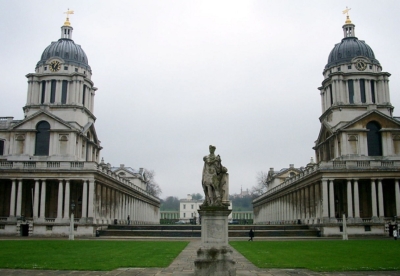Sky News reported that the approach is part of a contingency plan by Carillion as talks continue with bankers.
EY has been acting as an adviser on the contractor’s restructuring plans for several months.
Talks with the banks have been ongoing since Wednesday when Carillion presented its turnaround plans.
Carillion reiterated on Friday evening that talks were ongoing
It said” “Carillion met with representatives of its creditor groups to present its business plan on 10 January 2018.
“Further to this presentation, Carillion continues to engage in constructive discussions with a range of financial and other stakeholders regarding options to reduce debt and strengthen the Group’s balance sheet.
“Suggestions that Carillion’s business plan has been rejected by stakeholders are incorrect.
“It is too early to predict the outcome of these discussions but Carillion expects that any such agreement is likely to involve the raising of new capital and the conversion of existing financial indebtedness to equity which would result in significant dilution to existing shareholders.
“As part of its engagement with stakeholders, Carillion is in constructive dialogue in relation to additional short term financing while the longer term discussions are continuing.
“The Board remains focused on seeking to deliver an outcome that will ensure that the Group emerges considerably strengthened and able to continue delivering excellent service to its many public and private sector customers.”
The company needs £300m of emergency funding and lenders are under pressure from the Government to keep the company afloat.
One source said: “This is not a normal restructuring – it’s very political.
“The Government knows the disastrous consequences of a Carillion collapse so is doing all it can to avoid that happening.”
Carillion currently employs around 20,000 workers in the UK.
Unite assistant general secretary Gail Cartmail, said: “The government must consider all options while the future of Carillion hangs in the balance, including bringing contracts back in-house.
“If the government is forced to institute a rescue package they need to also ensure that the supply chain is fully protected.”
















.gif)








































